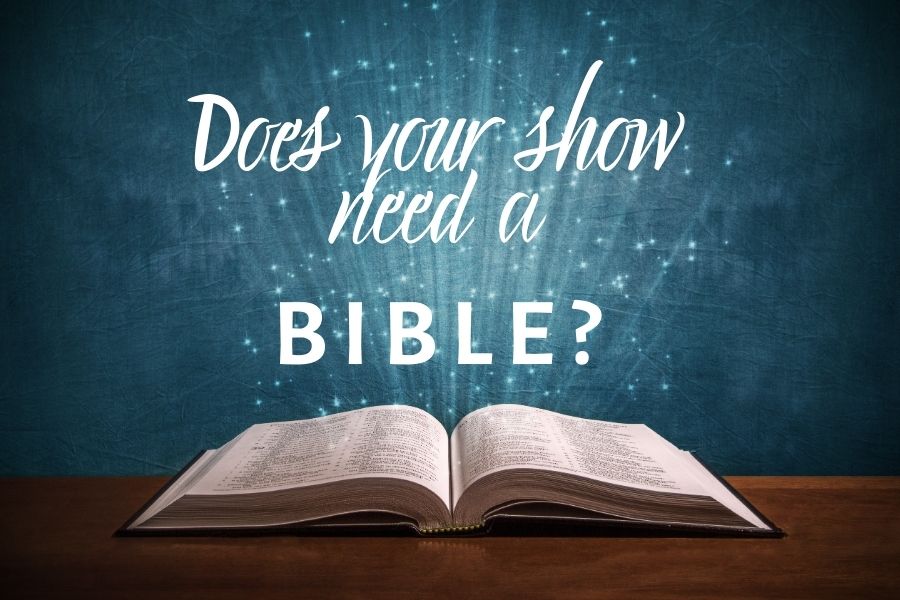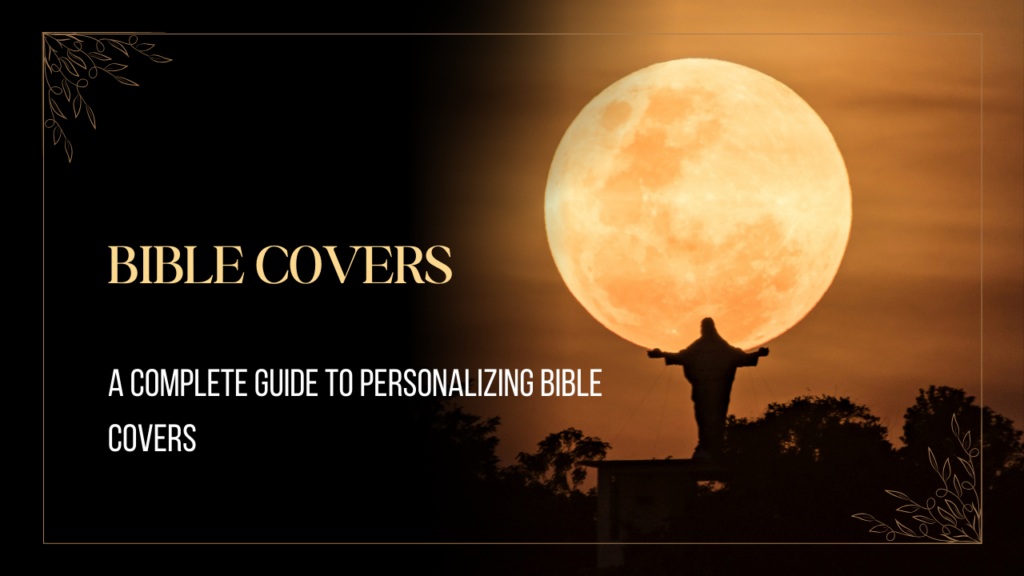Introduction to the Ethiopian Bible

The Ethiopian Bible is one of the oldest and most unique collections of religious texts in the world. It differs significantly from the versions of the Bible used by most Christian denominations today. This article will explore the history, translations, and significance of the Ethiopian Bible, as well as guide you to resources where you can study and access it.
History of the Ethiopian Bible
The Ethiopian Bible has its roots in the ancient Ethiopian Orthodox Tewahedo Church. It is written primarily in the Ge’ez language, a classical Ethiopian language that has been used for centuries. The Bible’s history is closely intertwined with the Christian faith in Ethiopia, which is one of the oldest Christian nations in the world.
The Ethiopian Bible includes a wide variety of books not found in the standard Bible used by other Christian denominations. It consists of 81 books, making it significantly larger than the King James Bible, which includes only 66 books. Among these texts are several Old Testament books that are not part of the canon in most other Christian traditions, such as the Book of Enoch and the Book of Jubilees.
Ethiopian Bible Versions and Translations
There are several versions and translations of the Ethiopian Bible. The most notable version is the Ge’ez Bible, which is the oldest and most revered text in Ethiopian Christianity. Over time, the Bible has been translated into Amharic, the modern language of Ethiopia, as well as other languages, making it accessible to a broader audience.
For those unfamiliar with Ge’ez, online resources and print editions of the Ethiopian Bible in Amharic translation are widely available. There are also English translations of the Ethiopian Bible that are useful for non-Ge’ez speakers.
Where to Buy and Read the Ethiopian Bible
For those interested in purchasing an Ethiopian Bible, there are numerous online platforms and bookstores offering various editions. Whether you’re looking for a hardcopy Ethiopian Bible or a digital version, options are available for both traditional and modern translations. You can also find Ethiopian Bible PDF downloads for easy access.
Additionally, many websites offer Ethiopian Bible online reading features, allowing you to explore its texts in different formats and languages. Whether you prefer to study it in its original Ge’ez or translated versions, these platforms provide tools for deepening your understanding of this ancient scripture.
Significance of the Ethiopian Bible
The Ethiopian Bibles holds a unique place in Christian history due to its inclusion of several books not found in other Biblical traditions. One of the most important aspects of the Ethiopian Bibles is its preservation of ancient religious texts, including the Book of Enoch and the Book of Jubilees, which have long been subjects of scholarly interest. These books shed light on early Jewish thought and contribute to understanding the historical context of early Christianity.
Another important feature is the language used in the Ethiopian Bibles. Ge’ez is not only the language of the Bible, but also a significant part of Ethiopia’s cultural heritage. Reading the Ethiopian Bibles in Ge’ez allows modern-day Ethiopians and scholars to connect with their ancient traditions and faith.
Study Tools for the Ethiopian Bible
Studying the Ethiopian Bibles requires specific tools to understand its context, language, and theology. There are many Ethiopian Bibles study tools available, such as reference books, online dictionaries, and academic articles. Some platforms even provide audio versions of the Ethiopian Bibles, helping those who are not familiar with the script or language to learn and understand the texts.
For those interested in a deeper study, scholars often compare the Ethiopian Bibles with other ancient manuscripts and biblical texts, such as the Dead Sea Scrolls. These comparative studies reveal fascinating insights into the development of biblical scripture and early Christian thought.
The Ethiopian Bibles and the Orthodox Church
The Ethiopian Orthodox Church has been at the center of the Ethiopian Bible’s preservation and interpretation. The Church regards the Bible as divinely inspired, and its texts play a central role in worship and liturgical practices. Unlike the Catholic and Protestant Bibles, the Ethiopian Bible’s larger canon reflects the unique spiritual and cultural history of Ethiopia.
Learning about the Ethiopian Bibles Orthodox Church and its role in shaping the faith can offer valuable insights into how the Bible has been interpreted and applied throughout history. The Ethiopian Orthodox Tewahedo Church continues to maintain a strong connection with its ancient traditions, using the Ethiopian Bibles in all aspects of religious life.
The Role of the Ethiopian Bibles in Prophecy and Theology
Throughout history, the Ethiopian Bibles has been seen as a key to understanding prophecy and divine revelation. Ethiopians have long believed that their Bible contains secret prophecies and wisdom, much of which is linked to Ethiopia’s role in biblical history. The Ethiopian Bibles prophecy is deeply tied to the nation’s identity and its spiritual heritage.
Conclusion
The Ethiopian Bibles is more than just a religious text. It is a symbol of Ethiopia’s rich cultural and spiritual history. Whether you are studying the Bible’s ancient manuscripts, reading it in Ge’ez, or exploring modern translations, the Ethiopian Bibles offers a unique window into early Christianity and Ethiopian tradition. By understanding its history, significance, and diverse translations, you can gain a deeper appreciation for this ancient and sacred text.

